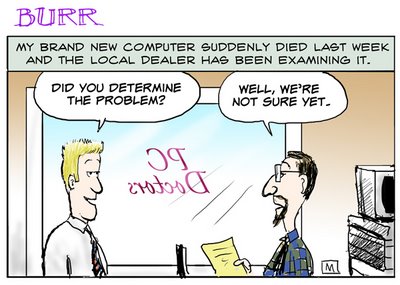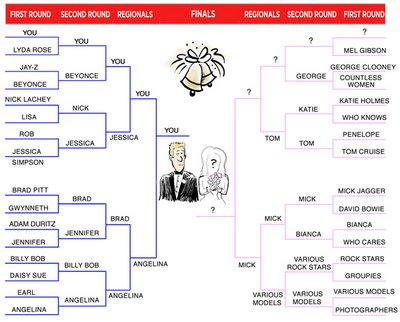


I know several people who are walking and biking more than usual these days. (It's hard imagine such an increase in a community like Boulder, Colorado where every street has a bike lane and the average citizen often bikes or walks to stores and restaurants anyway.)
But sure enough, gas prices have changed behavior, even here. People are trading in their Ford "Excavations" and Toyota "Land Bruisers", as I like to call them, for smaller cars. As for smaller cars, the media and Hollywood types have been trumpeting the value of Toyota Priuses, (or is it Prii, like a Latin plural?), and Honda Hybrids.
[BTW, as a quick aside, hybrids are great for the environment and helping to decrease overall oil consumption...but they don't help individuals or families save money. Studies by Car & Driver and Consumer Reports have proven that one would need to drive a hybrid over 100,000 miles before breaking even on the added cost (over a similar size traditional car.) Because of their tiny tires, they also don't handle as well on dry or wet pavement as a regular car.]
The overall change in behavior is a wonderful thing to see. As people drive different vehicles or drive less and exercise more, we are becoming more like Europeans, who are used to high fuel costs...folks who generally weigh less and live longer than we Americans.





